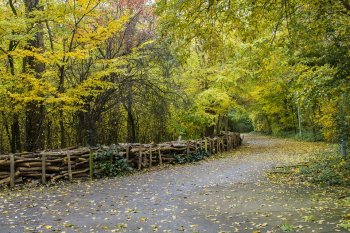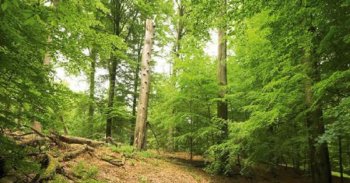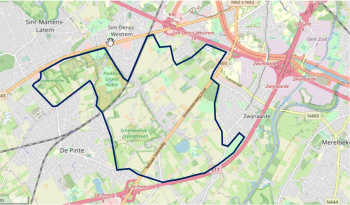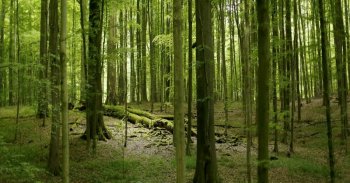Peri-Urban Forest Ostend – Belgium
The peri-urban forest Ostend in Belgium aims to provide a publicly accessible space for recreation, offering educational facilities for local residents and tourists.
Through the afforestation of previous agricultural land and being part of a Green Ribbon (Groen Lint) network surrounding the city core, the peri-urban green space further aims to enhance biodiversity and ecological connectivity.
The afforestation in the coastal and harbour city was planned as a buffer zone between industrial sites and residential areas.




